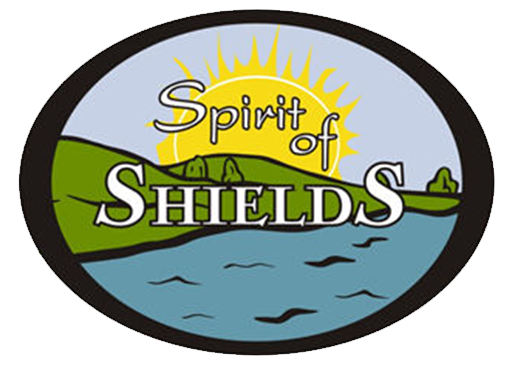Many people in Shields have noted the high number of deer throughout the village. This is a reminder of the importance of not feeding the deer.
The following summary of information is from the Ministry of Environment. For the full article please go to: https://www.saskatchewan.ca/government/news-and-media/2017/january/19/dont-feed-the-wildlife
Best Intentions May Cause More Harm Than Good
- Well-intended actions can be detrimental to deer populations.
- Biological adaptations, such as a thick winter coat, fat reserves, a reduced metabolic rate and sedentary behaviour, help deer survive severe winters.
- Even with all the food they want, deer will still rely on their fat reserves and lose weight over winter. Although winter-related starvation can occur, trying to save them through supplemental feeding can end up causing them more harm than good.
- Deer are ruminants and have a four-part stomach. They rely on microbes to help digest the woody vegetation that makes up much of their winter diet. When deer eat food such as hay, which is not part of their normal winter diet, they cannot digest it and may end up starving to death, even with a full stomach.
- Carbohydrate-rich food sources, such as grains provided as emergency dietary supplements, can also be fatal.
- Supplemental winter feeding can also result in other negative consequences such as congregating animals, drawing animals in from long distances and away from good winter cover, increased predation and disease concerns.
- Research has shown that deer in relatively good condition can fast for several weeks without suffering any harmful effects.
Thank you for respecting the wildlife that shares our beautiful community.
Happy New Year and all the best in 2023.
Becky Hoehn
Acting Chief Administrative Officer
